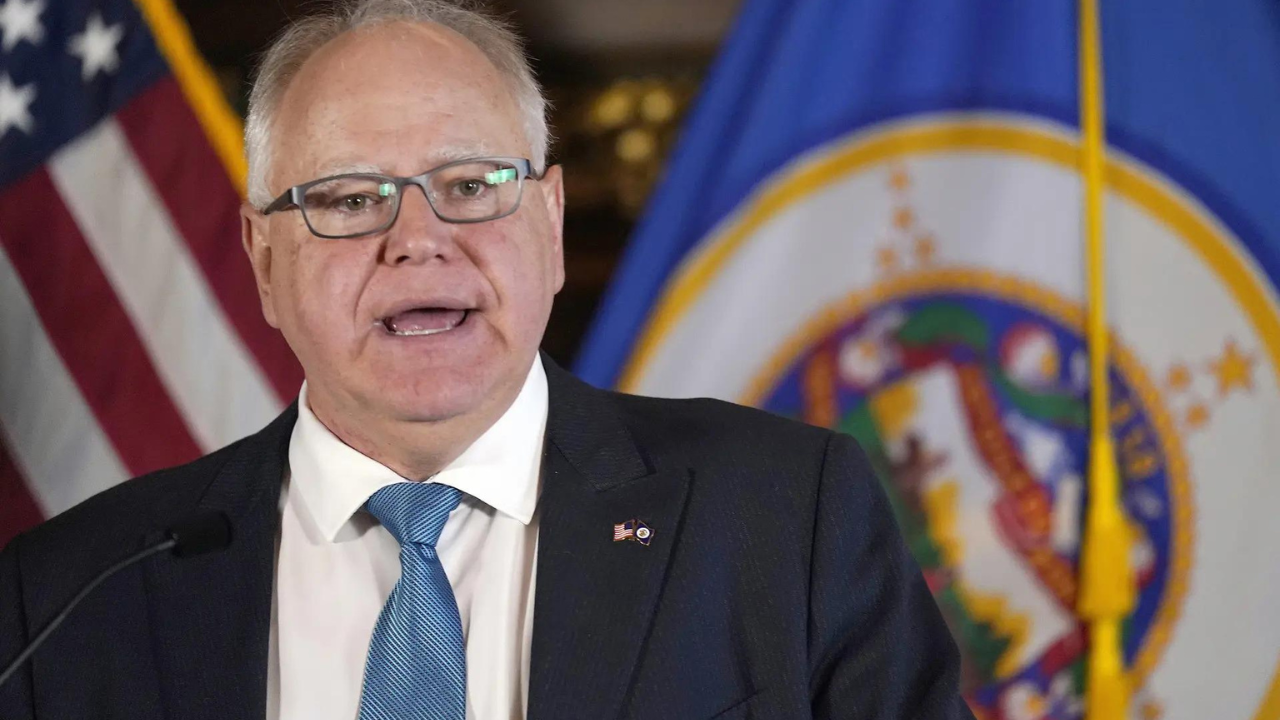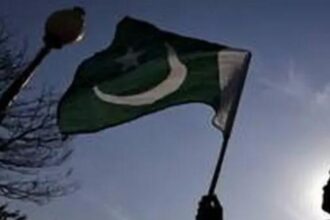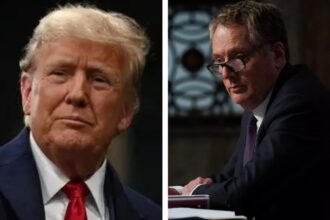Tim Walz has been chosen as Kamala Harris‘ running mate for the Democratic presidential ticket after Joe Biden decided not to run for re-election. Walz is a strong supporter of LGBTQ+ rights, directly contradicting Republican nominee Donald Trump’s assertion that he is a “dangerously liberal extremist.”
At 60 years old, Walz has served as Minnesota’s governor since 2019, following a 12-year tenure as a congressman representing the state’s first district.Now stepping onto the national stage, Walz has not shied away from making bold remarks, famously calling Trump and JD Vance “weird”—a comment that has resonated with many Democrats.
Last year, Walz made headlines by signing a law banning LGBTQ+ conversion therapy in Minnesota, making it the 22nd state to do so. The Human Rights Campaign (HRC) celebrated this legislation as a powerful example of how pro-equality laws can drive positive change for LGBTQ+ rights.
The Democratic-majority House passed the bill, which prohibits conversion therapy for children and vulnerable adults, ensures medical assistance coverage, and forbids the misrepresentation of such services.
Sarah Warbelow, HRC’s legislative director, praised Walz for his unwavering support of LGBTQ+ Minnesotans and his efforts to protect vulnerable youth from harmful practices.
Walz also signed another significant law protecting trans youth and their families who seek refuge in Minnesota from states where gender-affirming care is illegal. This law prevents out-of-state subpoenas from forcing families to return to anti-trans states, offering them safety and support in Minnesota.
Walz’s advocacy for LGBTQ+ rights dates back to 2006, when he was a vocal supporter of same-sex marriage in his district, even as Republicans fought against it. His early and unwavering support for marriage equality has earned him praise from Democratic Congresswoman Angie Craig, who lauded his courage in standing up for equal rights.
With 24 years of service in the Army National Guard, Walz also played a key role in the movement to repeal “Don’t Ask, Don’t Tell.” In a 2009 congressional speech, he argued that sexual orientation has no impact on military performance or unit cohesion, advocating for the inclusion of openly gay and lesbian soldiers in the armed forces.
At 60 years old, Walz has served as Minnesota’s governor since 2019, following a 12-year tenure as a congressman representing the state’s first district.Now stepping onto the national stage, Walz has not shied away from making bold remarks, famously calling Trump and JD Vance “weird”—a comment that has resonated with many Democrats.
Last year, Walz made headlines by signing a law banning LGBTQ+ conversion therapy in Minnesota, making it the 22nd state to do so. The Human Rights Campaign (HRC) celebrated this legislation as a powerful example of how pro-equality laws can drive positive change for LGBTQ+ rights.
The Democratic-majority House passed the bill, which prohibits conversion therapy for children and vulnerable adults, ensures medical assistance coverage, and forbids the misrepresentation of such services.
Sarah Warbelow, HRC’s legislative director, praised Walz for his unwavering support of LGBTQ+ Minnesotans and his efforts to protect vulnerable youth from harmful practices.
Walz also signed another significant law protecting trans youth and their families who seek refuge in Minnesota from states where gender-affirming care is illegal. This law prevents out-of-state subpoenas from forcing families to return to anti-trans states, offering them safety and support in Minnesota.
Walz’s advocacy for LGBTQ+ rights dates back to 2006, when he was a vocal supporter of same-sex marriage in his district, even as Republicans fought against it. His early and unwavering support for marriage equality has earned him praise from Democratic Congresswoman Angie Craig, who lauded his courage in standing up for equal rights.
With 24 years of service in the Army National Guard, Walz also played a key role in the movement to repeal “Don’t Ask, Don’t Tell.” In a 2009 congressional speech, he argued that sexual orientation has no impact on military performance or unit cohesion, advocating for the inclusion of openly gay and lesbian soldiers in the armed forces.
Source : Times of India






